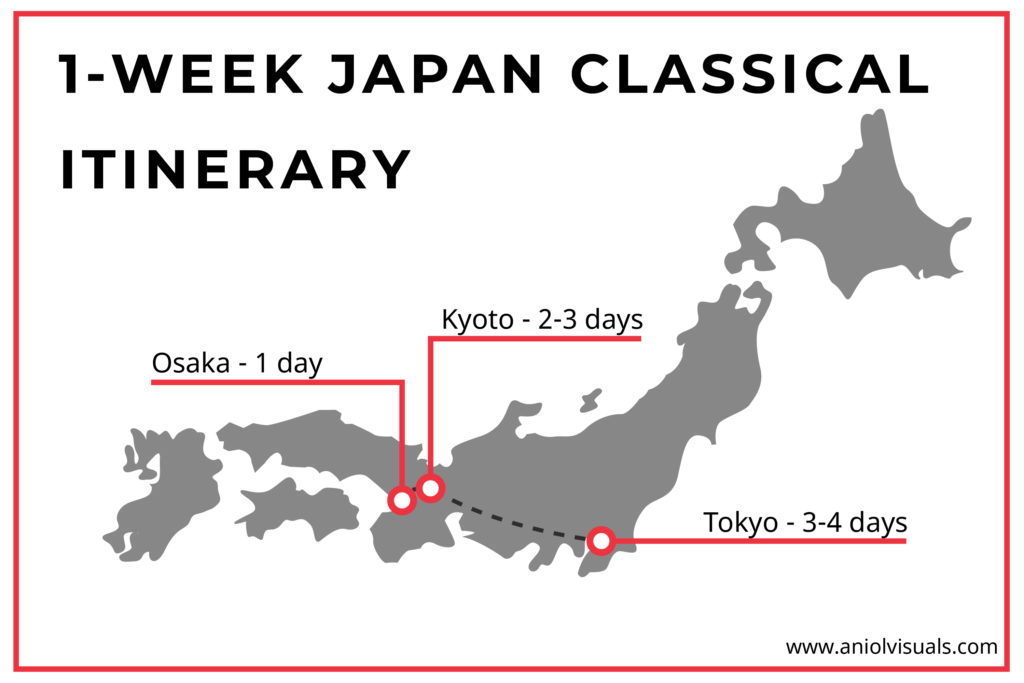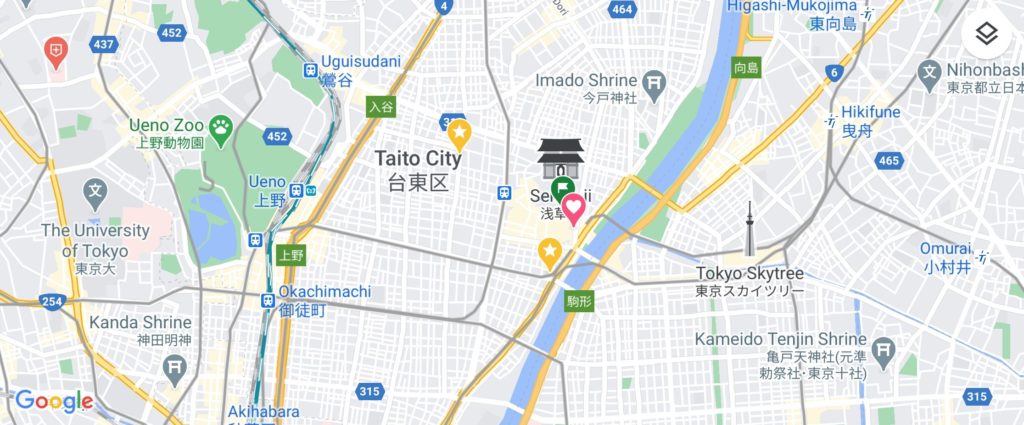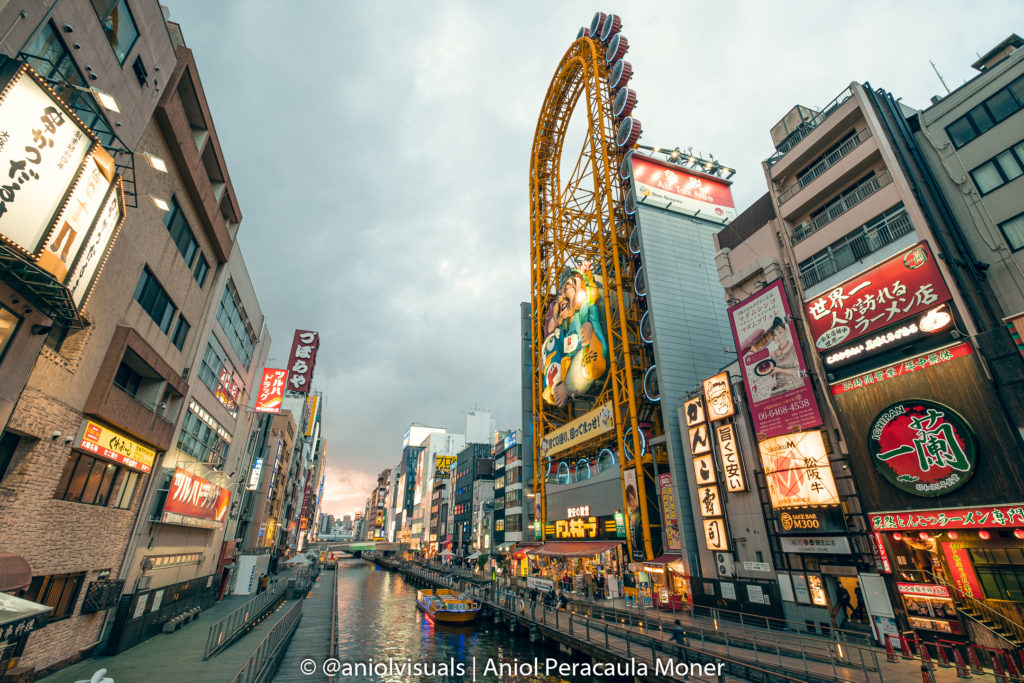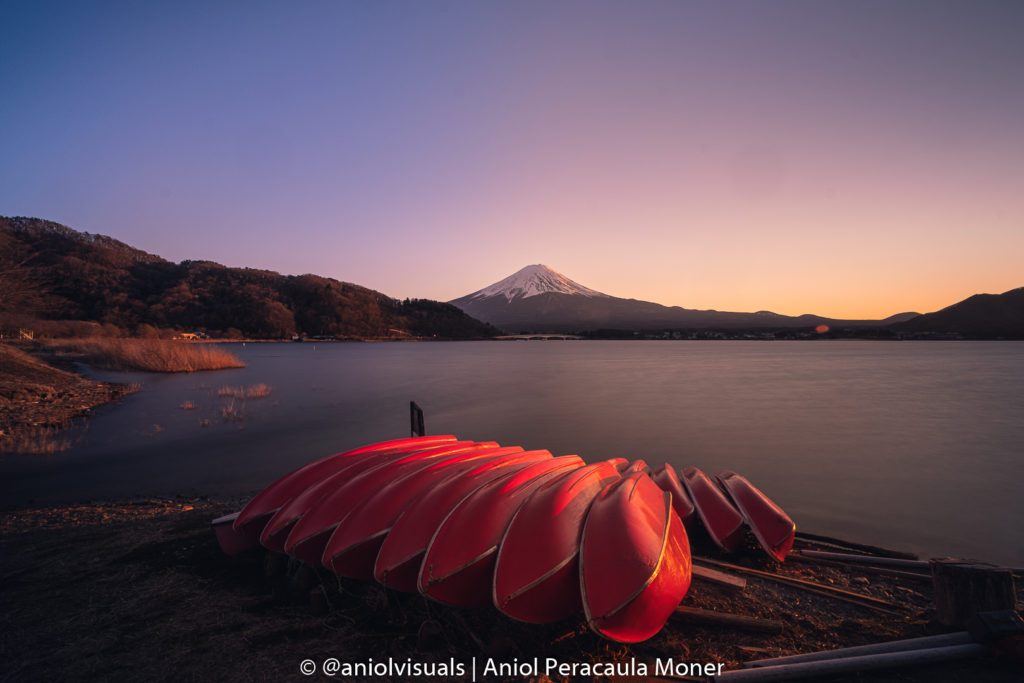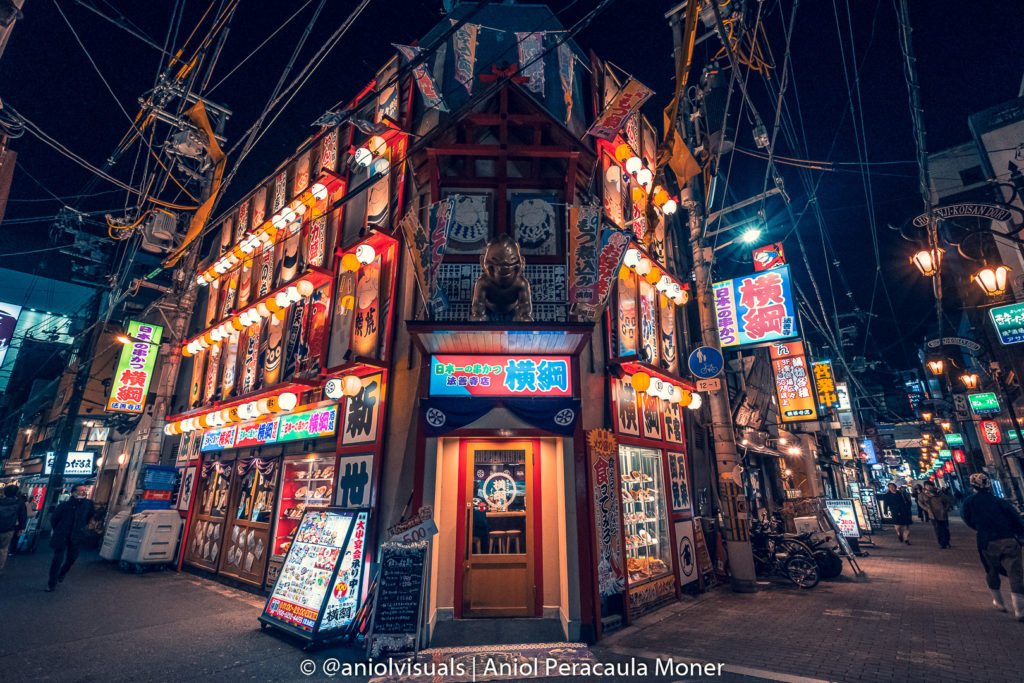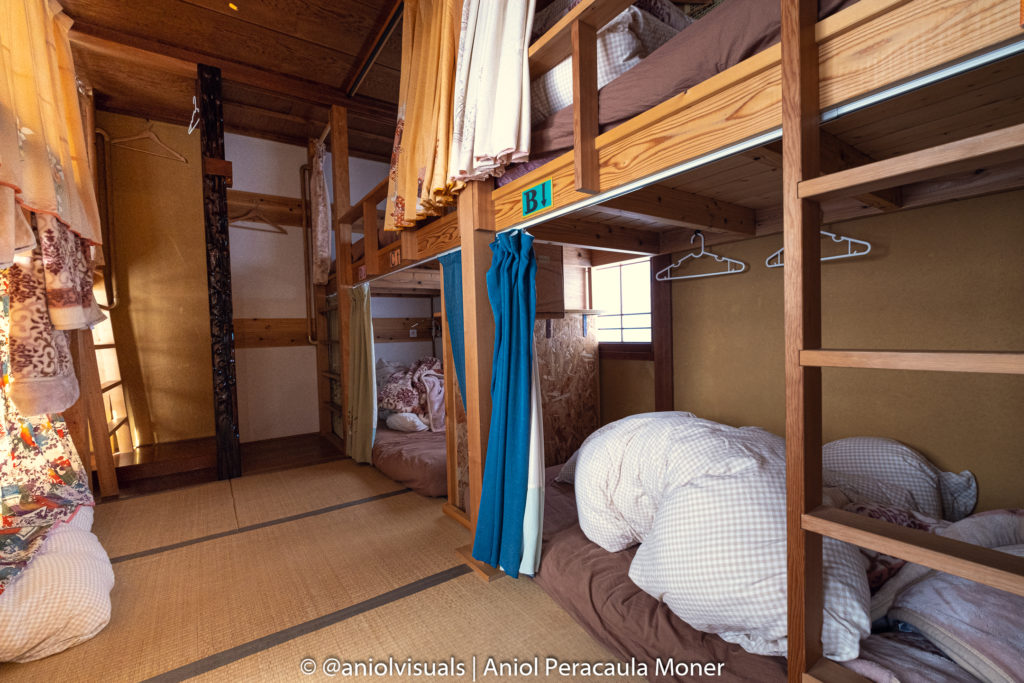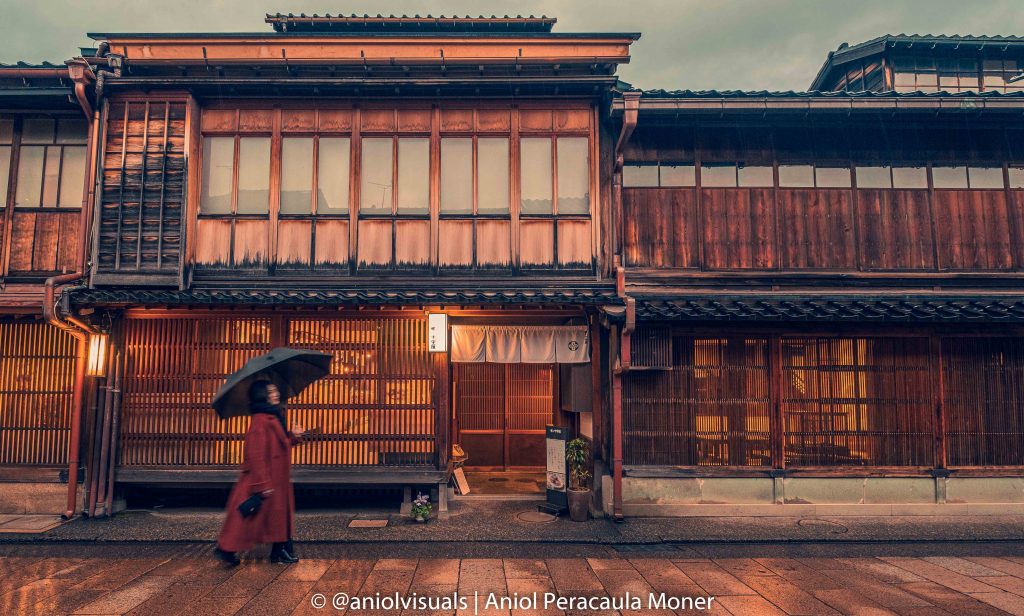Read this before travelling to Japan! Discover the 15 mistakes that all tourists commit in Japan and specific solutions on how to avoid them
One of the things I like the most when I travel is culture shock. Feeling completely clueless, without understanding the language, alone in the middle of a foreign country. There are a few better ways to learn and break taboos. However, when travelling to some countries it is important to be aware of the basic etiquette, cultural and legal rules. It avoids uncomfortable situations and makes the experience way more enjoyable. Japan is a welcoming country, and most Japanese people won’t say anything if you don’t do most of the items on the following list (excepting the legal ones). Yet, try to apply them, and your chances of connecting with the locals will increase. These are 15 things that you should never do in Japan as a tourist.
Planning a trip to Japan?
Discover all you need to know on my dedicated Japan travel page!
Food-related mistakes by tourists in Japan
Sticking the chopsticks in a bowl of rice
It is very common and easy to commit a mistake. You are having lunch somewhere, and there is a bowl of rice. After eating some of it, you feel thirsty, and decide to get a glass of water. Fortunately, in Japan, restaurants have free mineral water for all customers. But, where should you leave the chopsticks? A very immediate and natural thought might be to stick them in the bowl of rice. Don’t do it!
The reason is very simple. It is an act associated with death. When the Japanese offer food to their deceased ones, they leave a bowl of rice with the chopsticks stuck on it so they can eat the food. Thus, if you stick the chopsticks in a bowl of rice you are either declaring yourself dead or inviting your diners to die. The solution is very simple. Lay your chopsticks horizontally on the edge of the bowl like in the image below.
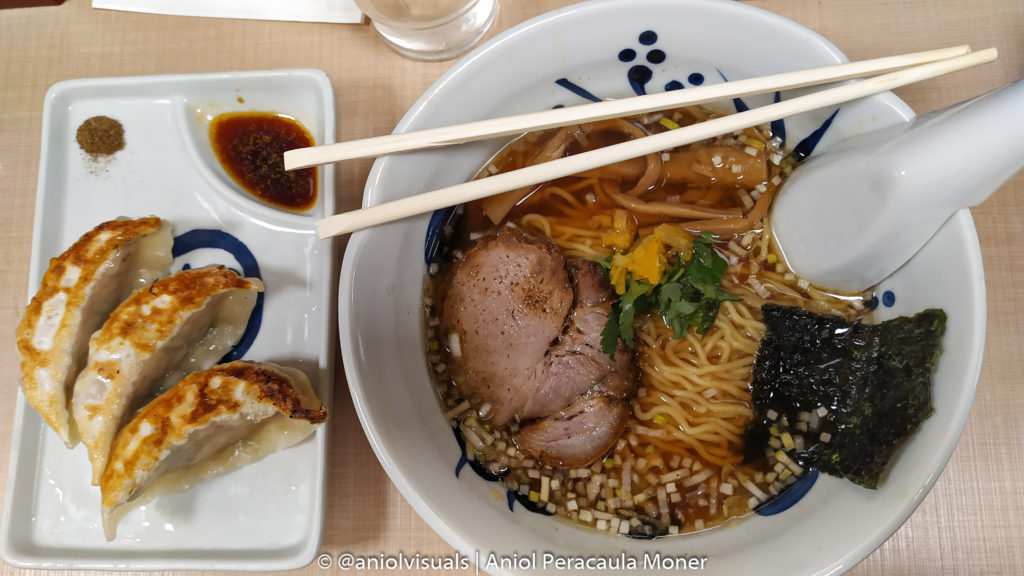
Tipping at a restaurant
Don’t tip in Japan! Unlike other countries like the US, tipping is not common in Japan. There are other places where tipping is not compulsory but some people do it. However, in Japan is not polite to tip.
Tipping is usually done to reward good service or a good meal. This is not the case in Japan, as good service is included in the price. In fact, tipping might be seen as disrespectful, indicating that the person tipped needs money and can’t live with its regular income.
Not slurping when eating Japanese noodles
If you have been doing some research about Japan and its culture, you might already know this one. Slurping while eating noodles is not rude in Japan. In fact, it is the best way to eat them! Can you guess why? There are 2 main reasons:
- To avoid burning your tongue. With the hot broth, almost boiling, letting fresh air come together with the noodles refreshes the mouth and prevents burning your tongue.
- To taste them better. Noodles don’t have a very intense taste. It has been proven that slurping, allows to simultaneously taste and smell the noodles. These two senses are complementary and make the noodles taste more intense.
Slurping is an art, and it takes a few bowls of noodles to get used to it. Don’t be afraid to try doing it!
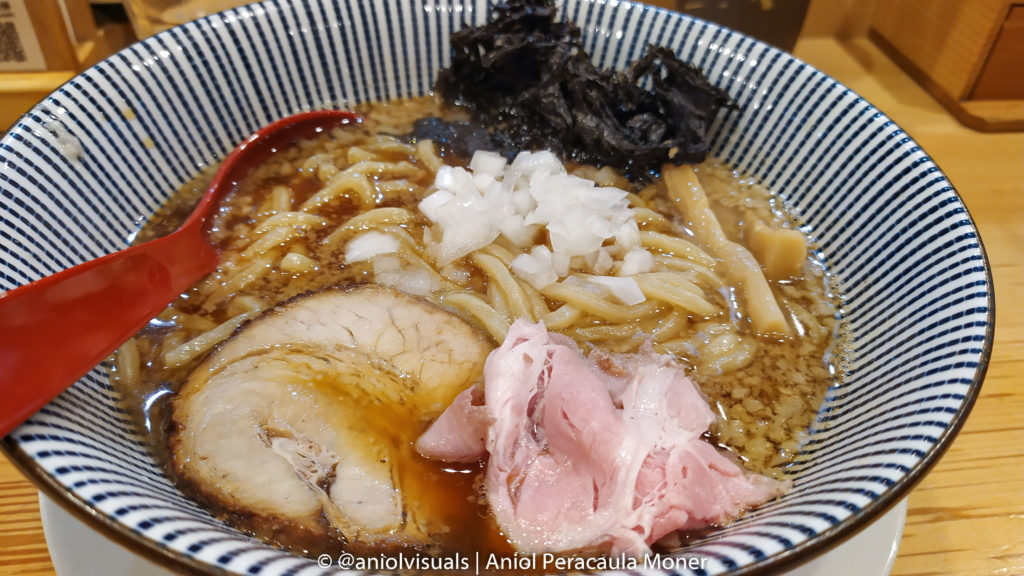
Dipping sushi rice in soy sauce
This is one of the mistakes that all tourists visiting Japan commit. Sometimes even before being there. It is well-known that Japanese cuisine is amazing. Ramen, Kobe beef, sweets, and of course, sushi. There are many things to consider when eating sushi in Japan, but the most important one is that the rice should not be dipped in soy sauce.
I was lucky enough to attend an improvised sushi party at my hostel in KiiKatsuura, and I got a private lesson on how to eat sushi. First of all, after doing the ball of rice (for a nigiri), the wasabi goes between the rice and the fish (salmon, for example). If you want soy sauce, take the nigiri and dip the fish in the soy sauce. Then eat the entire piece, with the fish making contact with the tongue.
Now you can do like me and be the annoying friend that explains how to eat sushi!
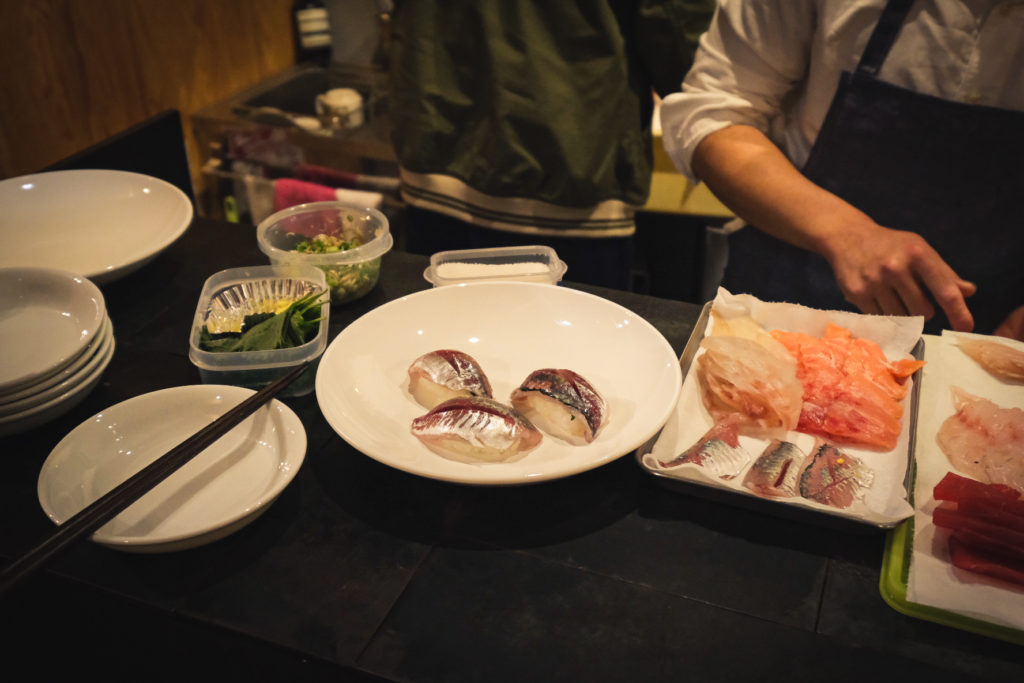
Public behaviour mistakes by tourists in Japan
Sneezing or blowing your nose in public
As you will observe during this article, there are plenty of unwritten rules about how to behave in public in Japan. One of the most common mistakes that tourists commit in Japan is sneezing or blowing their noses in public. Doing it won’t get you to jail, but you might get some bad looks. It is just rude to sneeze in public. Before the 2020 pandemic foreign tourists were surprised by the number of people wearing face masks in public transport. In Japan, when someone has a cold or does not feel well usually wear a mask to protect those around them.
If you want to blow your nose try to find a secluded place, ideally a bathroom, and do it. However, if you do it silently, no one will complain. Keep your eyes open and you will see plenty of people sniffing on public transport.
Being loud in public
I have been in many metro services around the world. Paris, Barcelona, London… and I had never experienced silence as I did in Tokyo’s metro system. Screaming or being loud in public is not common in Japan. Don’t expect silent streets, but excepting very centric and busy touristic areas, you won’t find people being loud on the streets.
This might be one of the most common mistakes tourists commit in Japan. It is quite easy to detect tourists from non-tourists just by how they sound, no need to identify the language or look at their faces.
The only moment when you might see people being loud is at night when the Japanese salarymen get drunk. Even then, though, they will be utterly respectful and polite with others.
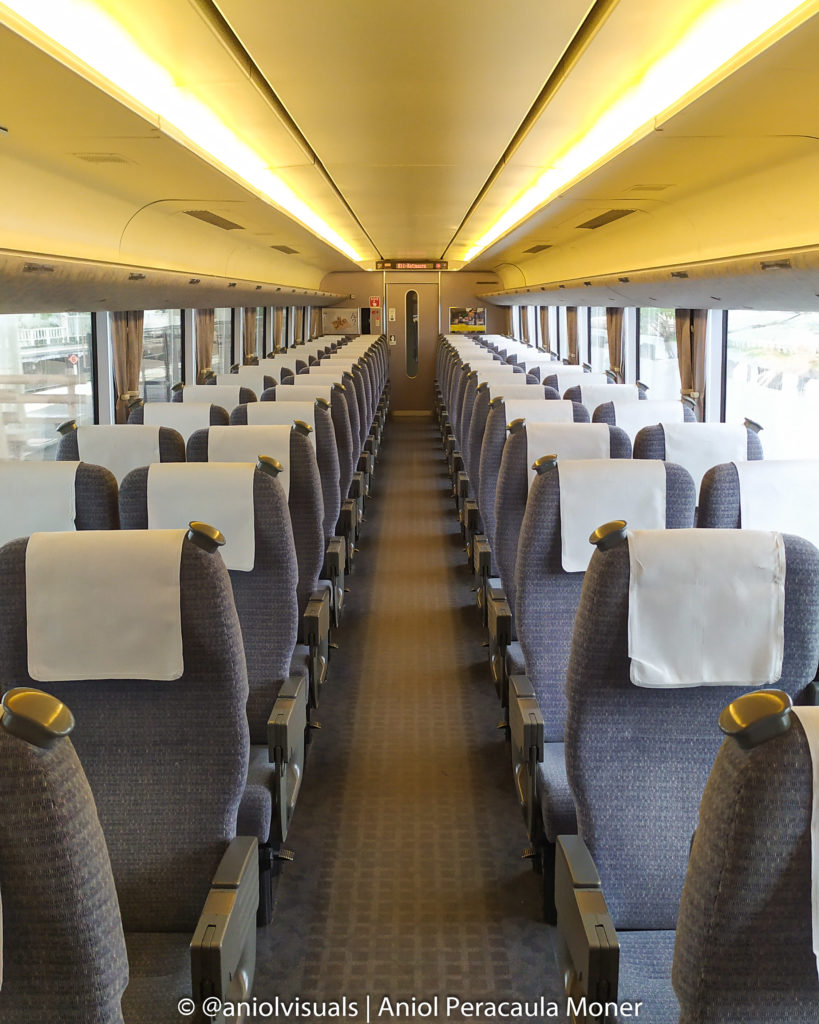
Smoking in public
Smoking in public in Japan is strictly forbidden. Even in most bars and restaurants, smoking is not permitted. Most hotels also have smokers’ and non-smokers’ rooms. Being caught smoking on the street might lead to a fine.
However, there are a few designated areas where it is possible to smoke on the streets. Those are clearly indicated and usually packed with people smoking. Imagine them like a transparent cage in the middle of the street.
Walking & eating
This is a fun one, and also one of the most common mistakes among tourists in Japan. In a country where it is possible to get food to eat on the go at every Konbini (convenience stores), eating while walking is impolite. It is even worse to do it inside a temple (shrines). The Japanese culture considers that everything has its own moment and that one should either walk or eat. However, walking and drinking are perfectly acceptable.
Most Konbini stores have a dedicated area for eating, which is perfect especially during winter when it is cold outside. Otherwise, look for a park or just stop walking and have a bite of your delicious snack.
Etiquette mistakes by tourists in Japan
Not removing your shoes
I remember when I first arrived at my hostel in the Mount Fuji area, I got in and went directly to the counter. The girl there started waving at me and telling me (very politely) to stop. Don’t be me. Remove your shoes.
Most typical restaurants or accommodations will make you take off your shoes and either go barefoot or put on slippers that they will provide. If you are not sure whether you should remove your shoes, look for the 3 following indicators:
- Shoe lockers. If after crossing the first door there is a shoe locker, remove your shoes
- 2 doors. If after crossing the door there is another door, it’s very likely that you need to remove your shoes
- A step and a different floor. If there are a small step and the floor type changes from tiles to carpet, remove your shoes.
In case of doubt, observe what others do and imitate their actions.
Breaking taxi etiquette
First of all, taxis in Japan are very expensive. If you are a budget traveller, chances are that you won’t be using a taxi in Japan. Public transport is very effective and can get you to almost any point in the country.
For those that take a taxi, there are 2 very important things to keep into account:
- Don’t close the taxi doors. After you leave the taxi, the doors will close automatically, there is no need to close the door. In fact, it might damage the system.
- Don’t help the taxi driver with the luggage. The reason is similar to the don’t tip at restaurants one: helping them suggests that they can’t do their job or that need your help.
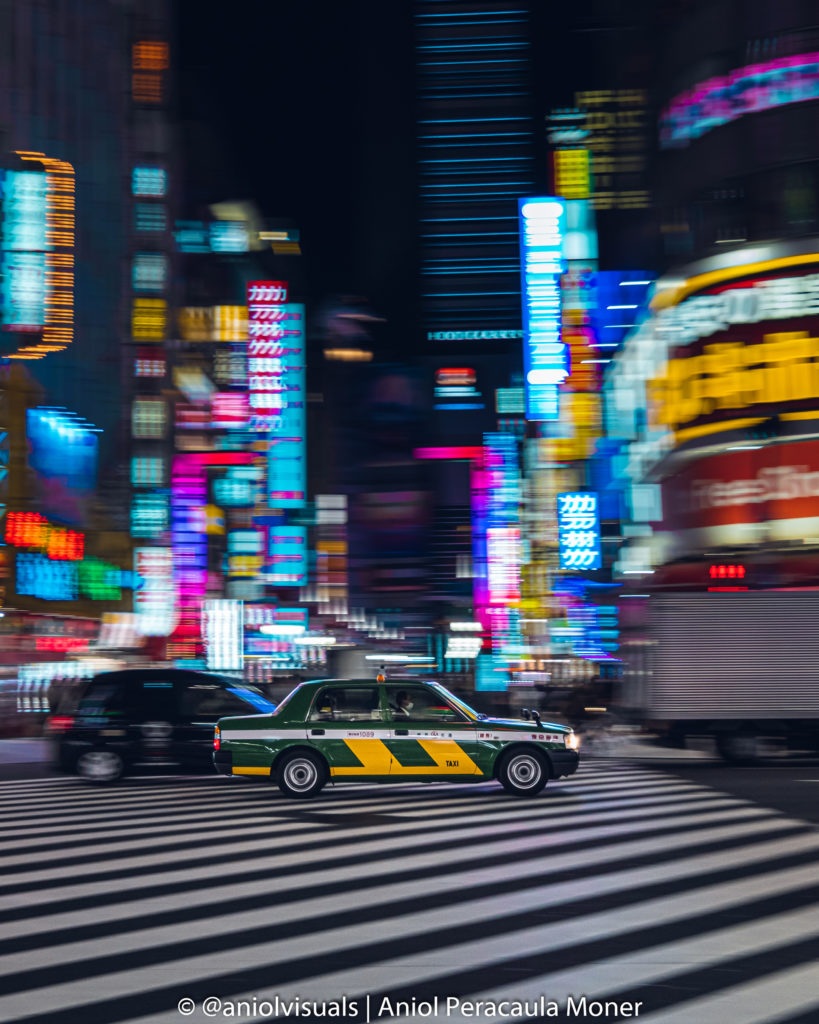
Breaking onsen etiquette
Onsen (hot springs) is a unique experience that I recommend living at least once in your life. However, the etiquette and rules around onsens are overwhelming. These are the most important ones:
- Segregation by sex. Excepting private onsens, any public one has male and female areas. For heterosexual couples, this is not like a romantic spa.
- Tattoos are forbidden. Tattoos are seen and considered a mark of antisocial and people with links with the yakuza (gangsters or mafia). Some touristy onsens allow people with tattoos, but the experience will be less authentic
- Naked, but not staring. Let me put it simply. Yes, you will be surrounded by naked same-sex people. However, everyone minds their own business. In fact, the little towel that you will receive can be used to cover yourself in an “unintended” way.
- Shower before and after. Be careful with this one. Despite being well signaled, don’t get inside the hot springs without showering. The more traditional onsens have a barrel and a bowl. Others have regular showers.
Like in most culture-related actions, keep your eyes open and try to imitate the behaviour of locals. Don’t miss going to an onsen, it was among my top 3 experiences in Japan.
Other mistakes by tourists in Japan
Doing drugs in Japan
Do not commit this mistake. Don’t do drugs in Japan. If you are caught it can ruin your life. Possession, use, and trafficking can be penalized with jail, both for locals and tourists.
Japan has many things to do and enjoy, but drugs are not one of those. In fact, most south-east Asia countries have very strict policies on drugs, so if you are travelling there, avoid any contact with drugs. There are plenty of scary stories of trips that ended up being nightmares for a bad decision.
There are plenty of things to do in Japan!
Find out 16 top experiences here!
Assuming everyone speaks English
Despite being a very modern country, the percentage of Japanese people speaking English is low. 69.9% of a sample of 1000 Japanese people classified their English level as poor or very poor, and only 3.6% of the respondents reported a high or very high English level (source here).
All touristic attractions, tourism boards,… have English-speaking personnel. However, in metro or train stations, rural areas… the chances of meeting people that understand English are lower. Don’t worry, though. Japanese are very friendly people, and sign language is understood everywhere. Learn a couple of words or expressions in Japanese and you will not have any problem getting around. Just don’t expect to be able to speak English with everyone like in other South East Asia countries.
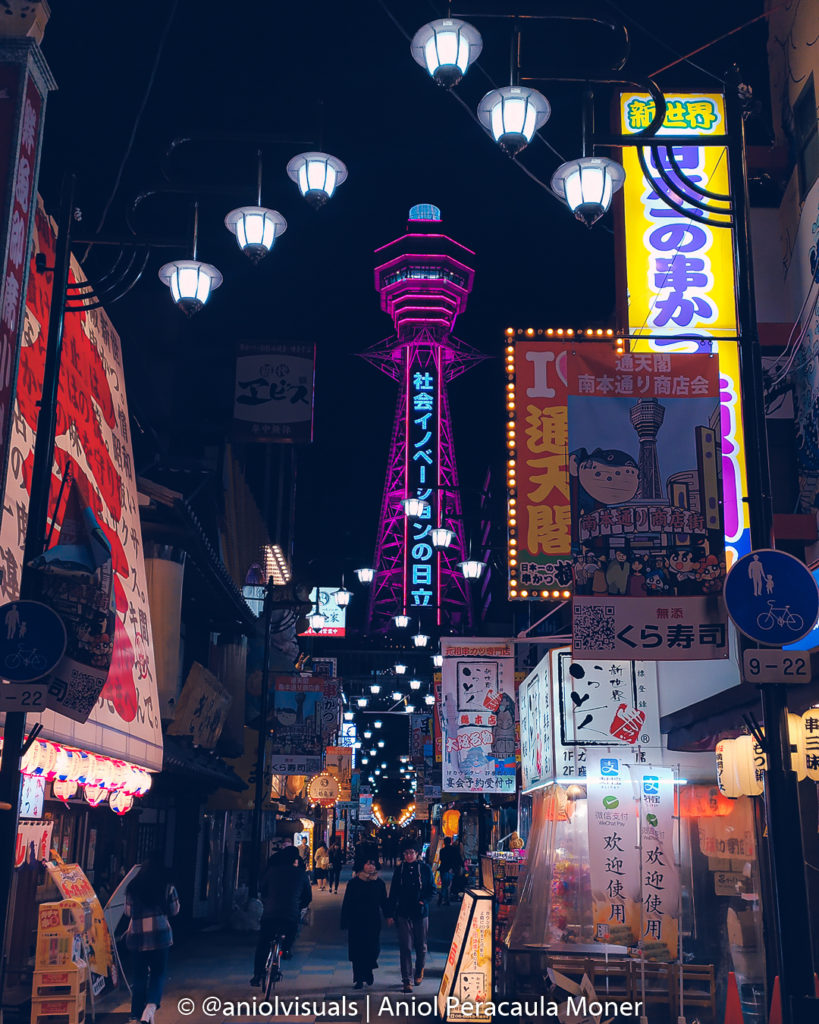
Looking for a way to understand Japanese characters?
6 must-have apps for your trip to Japan. Check them here!
Expecting being able to pay with a credit card everywhere
Japan has high-speed trains, robots that serve you food, neons, and places taken from a futuristic movie, but in many places, they don’t accept credit cards. Weird, right? I remember reading this before my first time in Japan and thinking that it was an exaggeration. It is definitely not.
As a rule of thumb, if the local or shop is not a large chain, it is quite probable that you will need cash to pay. Excepting the accommodations (hotels, hostels, guesthouses,…) 90% of the restaurants, all shrines, even some tourist souvenir shops, don’t accept credit cards. Always carry cash in Japan, or look for a 7/11 if you need some. Their ATMs have a very good conversion rate.
Save money during your trip to Japan!
17 simple tricks to save money in Japan. Check them here!
Treating money without respect
Money is something important in Japan, and dealing with money also has some rules. In most touristy cities locals’ are used to tourists not following the money etiquette. This is especially relevant if visiting non-tourist areas. However, you can win extra good tourist points by treating money like the Japanese do.
- Don’t hand money to shop assistants. Look for a small tray or platter. Leave the money there and they will do the same with the change.
- If there is no tray or you hand it to the shop assistant, use both hands to give the money, like if you were making an offering. It might feel weird, but it is the correct way to do it.
Tourists commit many mistakes when visiting Japan. After reading this article you are ready to get on your plane and visit the land of the Rising Sun. Which one surprised you the most? If you have already been to Japan, did I miss any essential advice? Leave it in the comments! For more Japan travel content, click here!
If you liked this article about the 15 common mistakes tourists commit in Japan, check my other japan travel tips! And if you like travelling and photography, follow me on Instagram for a balanced mix of travel posts and photography tips. For any inquiries, send me a message at hello@aniolvisuals.com.
